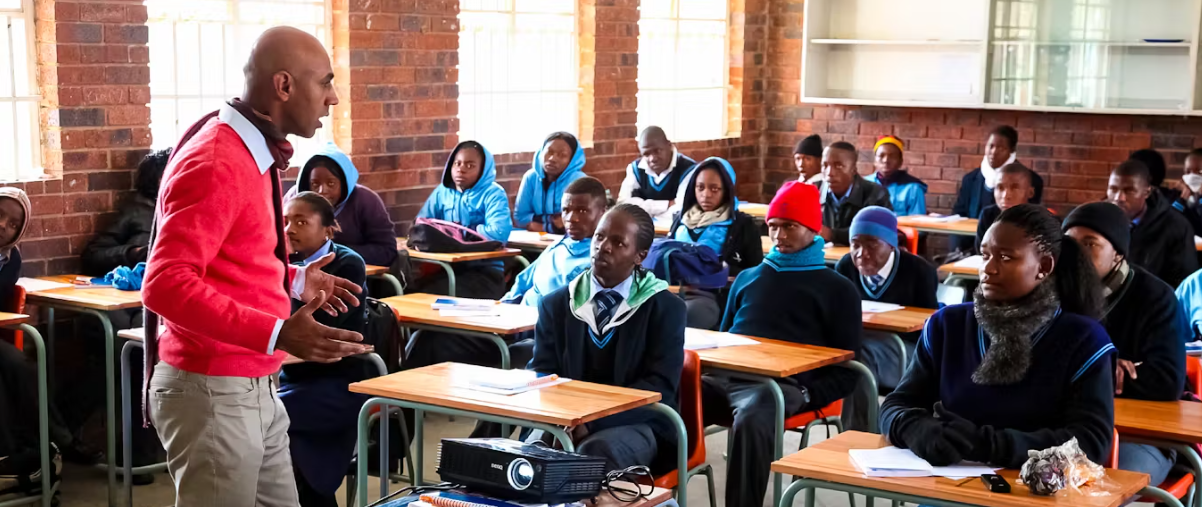
School-based assessment (SBA) plays a critical role in signalling academic progress and shaping learner trajectories in secondary education. Yet, concerns around the accuracy and reliability of SBAs remain, particularly in contexts where external benchmarking is limited. This paper uses administrative data from South Africa’s Gauteng province to examine how the reliability and validity of SBA changed during the Covid-19 pandemic. Focusing on Grades 11 and 12 in Mathematics, Mathematical Literacy, and English First Additional Language (EFAL), the analysis compares SBA marks with externally assessed National Senior Certificate (NSC) results from 2018 to 2022. SBA reliability is measured using Spearman rank correlations, while SBA validity is measured using the size of the gap between SBA and NSC scores. The results show that the pandemic disrupted SBA quality, notably so in Grade 11 compared to Grade 12. In addition, SBAs in no-fee schools are found to be less reliable than in fee-paying schools, especially for EFAL and Mathematical Literacy, though this gap narrows in Grade 12. Gender differences in assessment validity persist even after controlling for learner performance, pandemic years and school factors, with girls more likely to have smaller differences between their SBAs and final NSC results. While the analysis is exploratory and does not intend to establish causality, the findings contribute to a growing literature on assessment quality in South Africa and highlight the need to strengthen assessment moderation and support practices to ensure equitable and accurate assessment across schools.
Education - Working PapersWorking Papers





